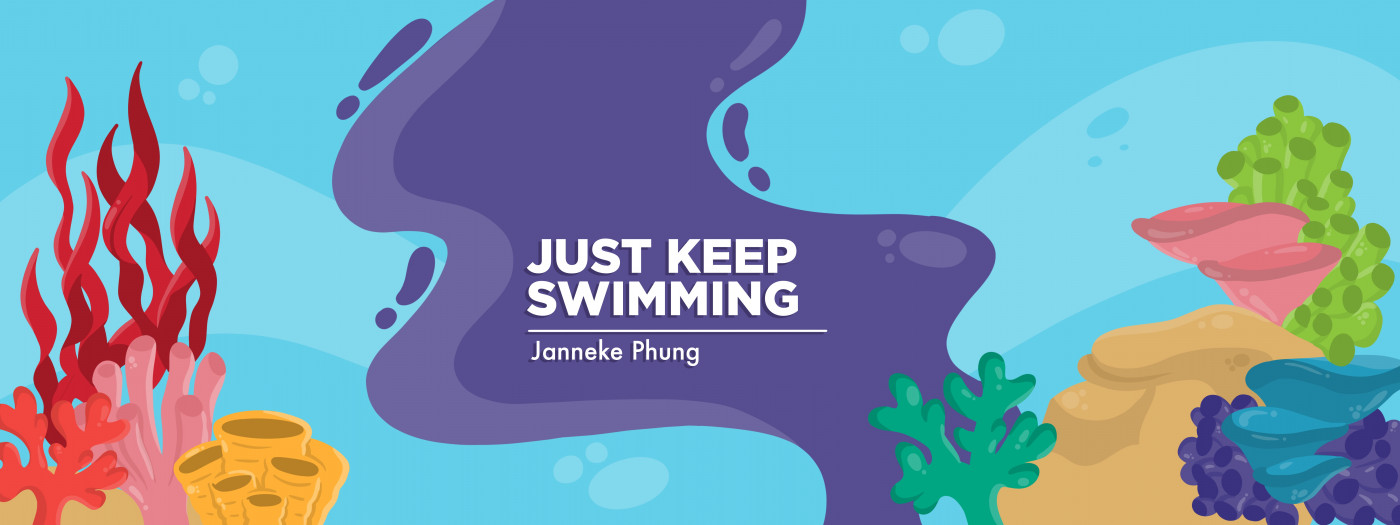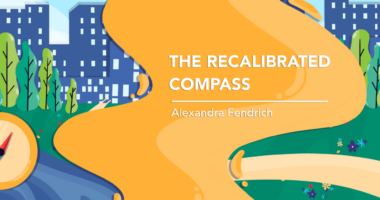‘Drink more water’: Is it medical gaslighting or genuine care?
In medical settings, opinions can change when we consider all of the context

“I’m leaving a generous one-star review because I paid $48 only to be told by the doctor that I should drink more water. My headaches have been frequent. I expected more — at the very least, a prescription for pain relief. How humiliating. This visit was a waste of my time and money!”
I was searching online for a healthcare professional in my area when I came upon this poor review of a clinic. As I read the criticism, I felt the injustice. I felt indignant for the person who had felt the need to leave the review. Feelings of frustration and annoyance bubbled up inside me as I recalled my years navigating the healthcare system in an effort to receive a diagnosis. It seemed like a classic case of medical gaslighting.
Many people who suffer from ankylosing spondylitis (AS), myself included, have experienced the minimization of our largely invisible disease. Numerous health professionals hinted at the idea that my symptoms were just in my head. Several painful years went by before I felt desperate enough to seek answers.
I begged for more diagnostic testing, which was eventually requisitioned. Thankfully, an official diagnosis of AS followed shortly after I received my MRI results. It’s no wonder some patients feel jaded with remarks that seemingly minimize their symptoms when the average time to receive an AS diagnosis is anywhere from four to nine years after the initial onset of symptoms.
The dehydration headache
My first inclination was to jump on the bandwagon with the reviewer, judging the doctor to be an insensitive and careless professional. My emotions can lead to rash judgments.
I took a sip from my water bottle and kept scrolling, figuring this wasn’t the clinic for me.
Later that evening, I felt a headache coming on. A dull ache started at the base of my skull, which led to throbbing that spread to the front of my head, especially when I bent forward. These were telltale signs of an all-too-familiar phenomenon for me. I call it the dehydration headache.
I try to be good about drinking plenty of water throughout the day. I have a bottle of water when I wake up and another at breakfast. Those first two doses of water are routine. However, as my day continues, my water intake usually becomes more sporadic. I have great intentions, but sometimes distractions get the best of me.
When I feel that dull ache coming on, I know I better start guzzling. Occasionally, I can drink my headache away (with water!) and other times I can’t. On days when I suffer the consequences of not drinking enough water, I am reminded of its importance in my self-care routine. I promise myself to do better going forward (until the next time it happens).
Like many others, I feel best when I drink plenty of water throughout the day. As I remembered the online review I had read earlier in the day, my stance toward the medical professional softened. I asked myself, “Would I rather be taking medication, or would I rather increase water consumption in an effort to potentially manage painful headaches?” For me, the latter would be my preference.
While I understand that medical professionals can, at times, be dismissive of debilitating symptoms, I also believe our pride can sometimes stand in the way of accepting excellent recommendations from often well-meaning experts.
I’m not a medical expert, nor am I dismissive of those who suffer from AS symptoms. As such, don’t judge me too harshly when I gently encourage you to drink that water. Create the habit. Find a water bottle that you love. And start guzzling!
Thanks for reading! You can learn more about my story, browse starch-free recipes, or peruse the stories of others who successfully manage their AS with diet and lifestyle modifications on my website. Join me on Instagram and Facebook for the latest updates and recipes.
Note: Ankylosing Spondylitis News is strictly a news and information website about the disease. It does not provide medical advice, diagnosis, or treatment. This content is not intended to be a substitute for professional medical advice, diagnosis, or treatment. Always seek the advice of your physician or other qualified health provider with any questions you may have regarding a medical condition. Never disregard professional medical advice or delay in seeking it because of something you have read on this website. The opinions expressed in this column are not those of Ankylosing Spondylitis News or its parent company, Bionews, and are intended to spark discussion about issues pertaining to ankylosing spondylitis.








Leave a comment
Fill in the required fields to post. Your email address will not be published.